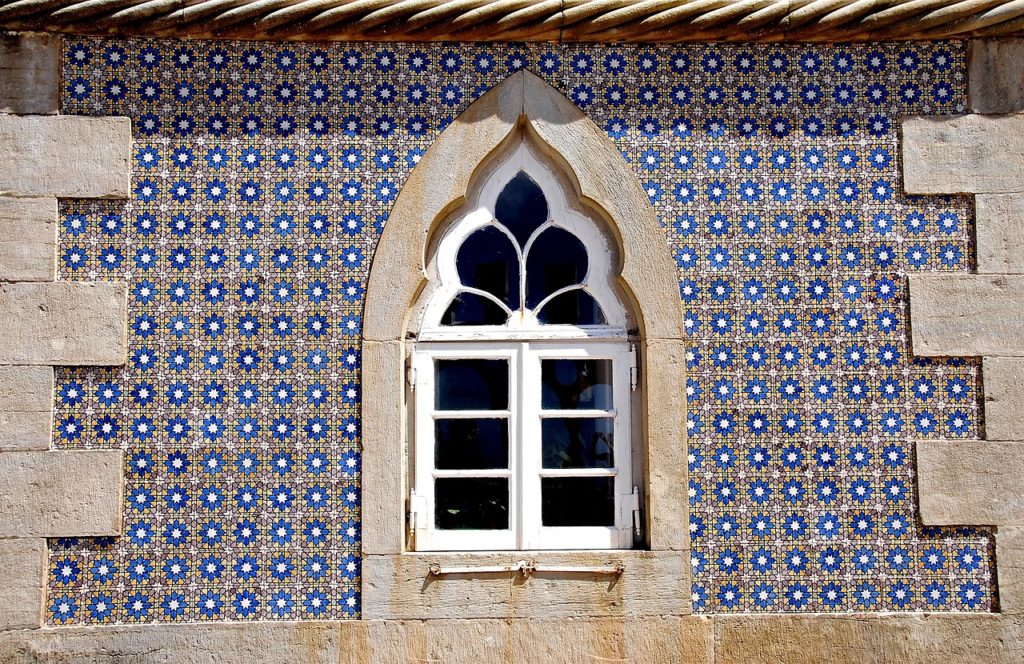5 simple Portuguese phrases and language tips for beginners
January 23rd 2017
As we’ve been living in Portugal, we’ve of course picked up bits and pieces of Portuguese along the way. We do this in every place we visit in order to blend in, even if it’s just for a few days and a case of learning the basics – hello, goodbye, please, and thank you.
Portuguese has proven difficult simply because it’s a tough language to learn, with many different ways to describe the same or similar things. Even our Portuguese friends who speak English well would agree it’s demanding, and the range of vocabulary and pronunciation are hard to get your head around.
This quick guide will help you take a step in the right direction towards learning some simple Portuguese phrases, plus understanding more about the language.
1. It’s different to Spanish, and even Brazilian Portuguese
The bad news is that if you speak relatively good Spanish, you still might struggle in Portugal. Not so much when it comes to what’s written down, as things looks similar on paper, but certainly when it comes to speaking. While the Spanish tend to say what they see – with almost every syllable sounded out – Portuguese isn’t that straightforward. The pronunciation itself is a discipline to learn.
With some different pronunciations, spellings, and entirely alternate words, the differences between Brazilian Portuguese and European can also be hard to grasp. If you learn Portuguese in one then travel to the other, look up where the differences lie and be mindful of them.
2. Please and thank you
If you look up the Portuguese word for please in Google Translate, it tells you that it’s por favor. This might be true in Brazil, but in Portugal itself there’s a slight difference. In full, it’s se faz favor, but this is often squished together and sometimes people even miss off the se. Listen out for it when you buy things to get an idea of how to say it yourself, and throw in a faz favor when you’re ordering at a restaurant.
Don’t overthink the exact pronunciation, because the Portuguese themselves say it in a relaxed, mumbly anyway. It’s okay to say por favor if you’d rather or don’t remember at the time, but just be wary of what others are saying and do your best to follow suit.
It’s much the same with obrigado, the Portuguese word for thank you. Strictly speaking women should use obrigada and men obrigado, but it’s not a major issue if you don’t remember this. You will also hear lots of people just saying obrigad, with the word ending at ‘d’, which is also acceptable. Again, no overthinking required.
3. Beer
If you do know a little Spanish, you’ll be pleased to hear that the Portuguese word for beer is cerveja – very similar to their Iberian neighbours. Super Bock and Sagres are your run-of-the-mill beers in Portugal, and when you ask for one of these you may well be given a bottle.
If you’d rather drink draft, ask for uma caneca when you want a pint, and um imperial if you’d rather a smaller one. The latter might also be referred to as um fino in northern parts of the country.
4. Coffee
There is a slightly confusing myriad of different words used for servings of coffee in Portugal, and they can vary between different cities and regions. For an espresso, ask for um café, or if you’re in Lisbon you can say uma bica and in Porto um cimbalinho. Failing that, more or less all waiters will understand what an espresso is if you’re not sure which to use.
The latte equivalent is one of the most perplexing for newcomers, as we often think the world latte is understood throughout Europe. However, to order a milky coffee in Portugal you must refer to it as um galão. For a little less milk and more coffee, ask for uma meia de leite.
If you like a good old fashioned Americano, fortunately it’s exactly the same word. When looking for something more obscure, refer to this ordering coffee in Portugal guide for a more detailed run-down.
5. Good morning, evening, and night
Regardless of anything else you manage to learn, it’s always nice to walk into a shop or cafe and be able to say good morning to the person you’re welcomed by. As well as greetings later in the day. These are simple Portuguese phrases that take just a minute to remember; say bom dia in the morning, boa tarde in the afternoon, and bon noite when you’re saying goodnight. Easy ways to show the Portuguese you’re making an effort.
What simple Portuguese phrases do you know?
Any others you’d recommend to travellers in Portugal?



Leave a Reply